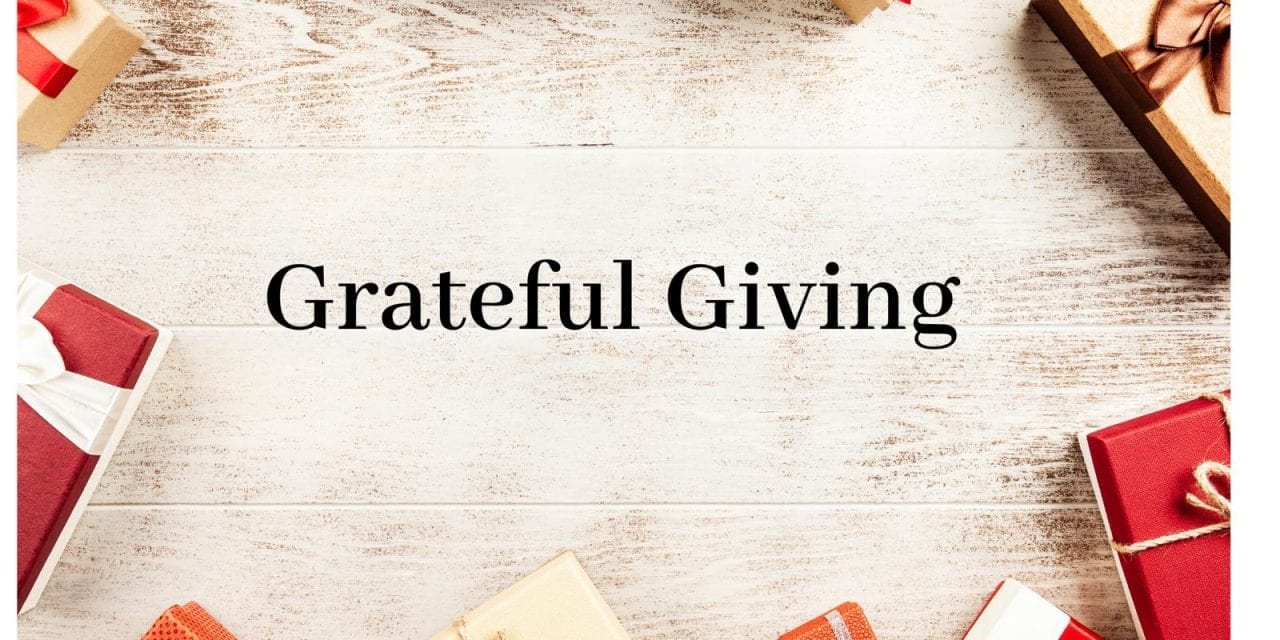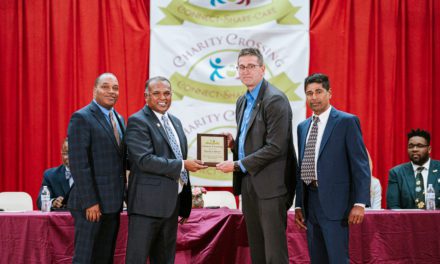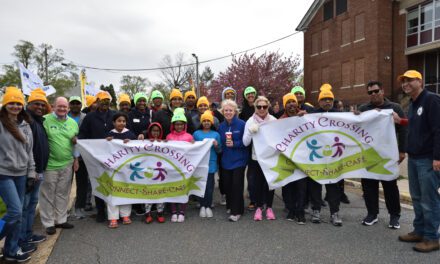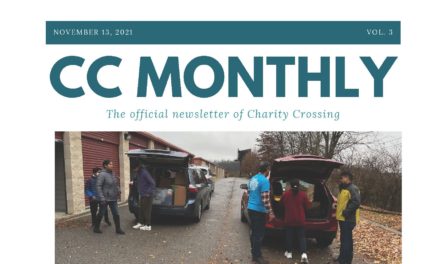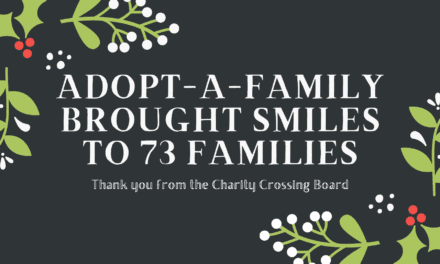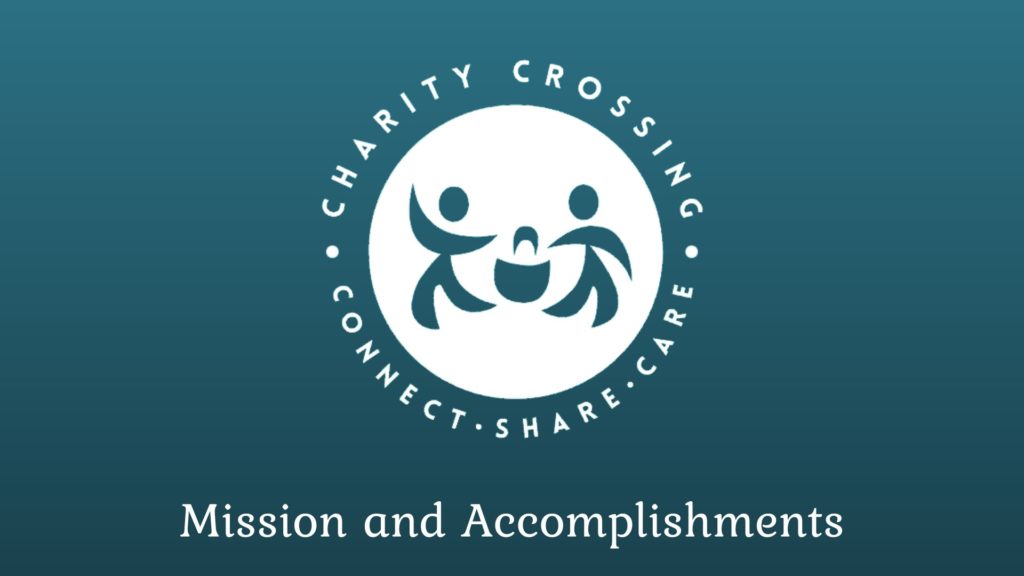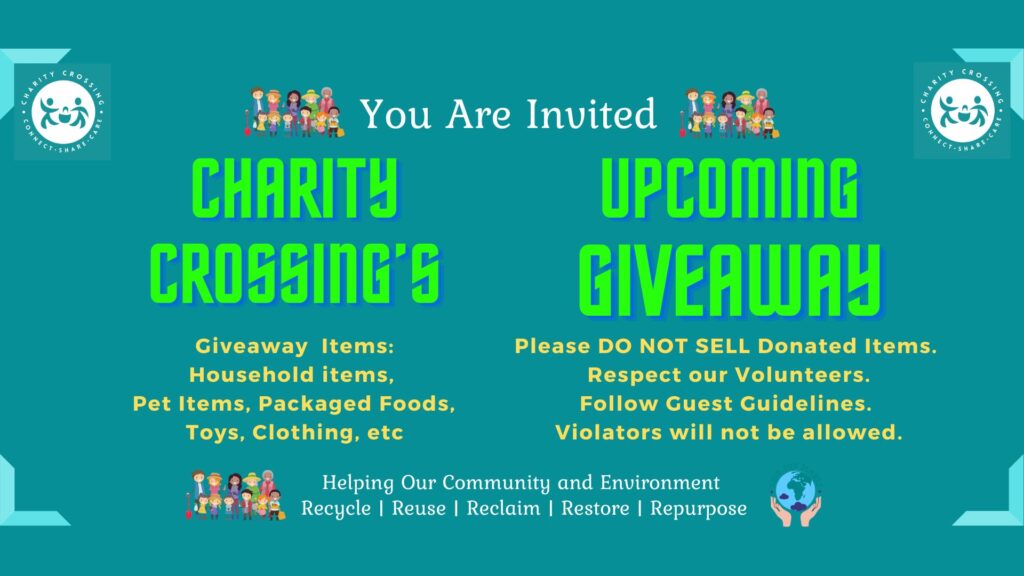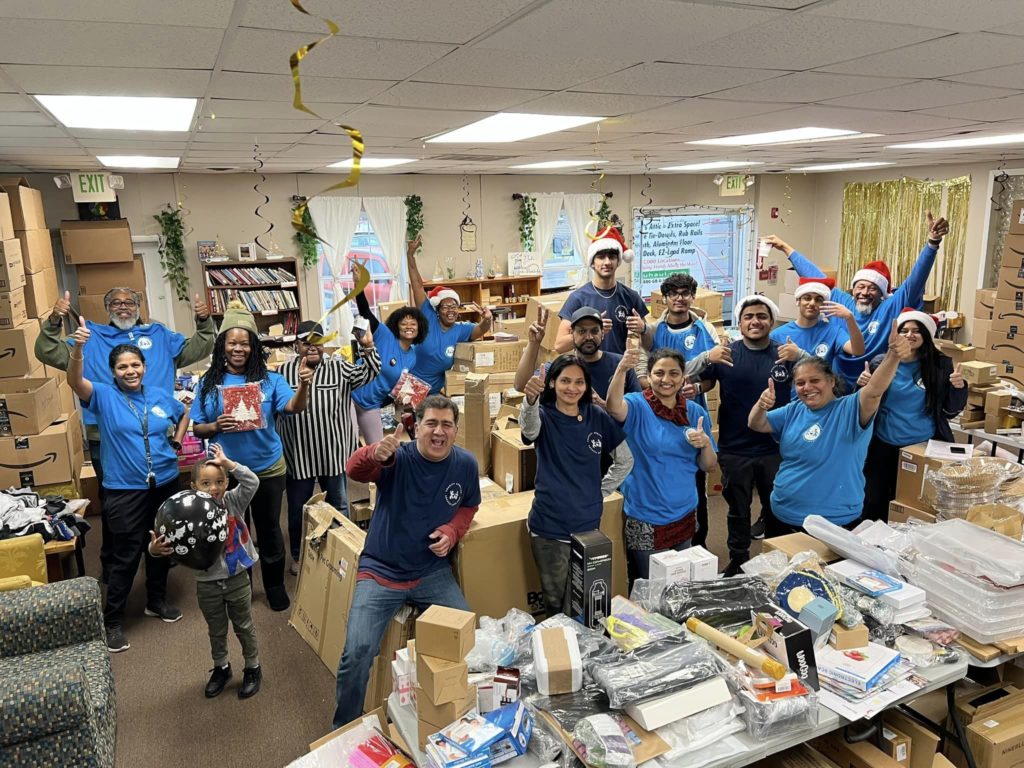We make a living by what we get. We make a life by what we give.
-Winston Churchill-
Remember when you leave this earth, you can take nothing that is given to you, no wealth you have acquired will sow your comfort, no praise you have heard will echo through the white light. What you will have left behind in the hearts and minds of people you shared your life with- that is what will live on your kindness, your humanity, your service, your sacrifice, and your love. Whatever your legacy is meant to be, work hard at it and make it good.
While Christmas is at our heels and the new year right around the bend, we are easily distracted by the many responsibilities we have toward our loved ones and friends. Stressing about the things we wish we had, the places we could go. Personal suffering is the symptom of a narrowed focus. Widen your world view, and there are so many who need our help, and our own small needs fade in comparison. Not just around the world but in our very communities.
To a perpetually hungry child, a new hoverboard is not even a wild dream. A belly full of anything warm and good is a blessing, no an obsession. It is ever consuming and all-powerful because the things we need desperately have a way if seeping into every aspect of our thoughts.
On cold winter mornings, do you hesitate briefly pulling back the quilt before sliding out of bed? There are people with no haters in their homes; the chill we fear sometimes is their reality every day.
If we can give someone a moment of respite, some comfort, then we should. Giving doesn’t just mean money. If not money, give your time. If not time then give opportunity. A chance to attend a movie with the family, a trip to a musical or a ball game. A conference for an aspiring student, an art show for a budding artist…. Hope is the greatest gift there is for someone who is beaten down by circumstances. A listening ear, a few laughs, compassion, kindness, caring. You can’t replace the value of companionship in a world where we are taught time is money, success is measured by the things we own. In a noise world of misrepresentation can we not find the smallest piece of humanity within us to hold onto and give freely of?
Give them that which is priceless. Give them the little extra you have leftover. In your pantry, in your closet, in your hearts. There is always someone who needs it, someone who yearns for it. Can you think outside the box?
Can you give this season? A warm coat, shoes that fit, a pair of new socks, these are not staples but a luxury to those who can’t have them. A gift better than the best gifts.
Benefits to a life of giving and gratitude :
If sentiments aren’t enough to move us to action. Here is the science behind the act of giving.
A new study — conducted by Tristen K. Inagaki, Ph.D., and Lauren P. Ross, both at the University of Pittsburgh in Pennsylvania, suggests that different types of generosity have different effects on the brain and that one form, in particular, may reduce stress and anxiety. The key factor to note is associated with giving, and service activities have shown diminished brain activity in the amygdala. The amygdala is the almond-shaped brain portion that processes emotions. Under stressful circumstances, it sends “a distress signal to the hypothalamus,” telling the brain to enter fight-or-flight mode. Increases amygdala activity is associated with stressful situations and anxiety. This response was significantly lower if not wholly diminished during service activities and shortly after lasting for days in subjects of all age groups.
A 1999 study led by Doug Oman of the University of California, Berkeley, found that elderly people who volunteered for two or more organizations were 44 percent less likely to die over a five-year period than were non-volunteers, even after controlling for their age, exercise habits, general health, and negative health habits like smoking. Stephanie Brown of the University of Michigan saw similar results in a 2003 study on elderly couples.
It is not just with the elderly these benefits are reported. Science also suggests service acts and group involvement of young adults and teens in volunteerism have shown to improve sensory and motor skills among young adults. It has indicated significant improvement in self esteem, social adjustment and an overall sense of wellbeing among thriving and also troubled young adults. What does all this mean? It means human beings are pack animals. We thrive with human contact and being of service to others.
Start with something small because all big things have humble beginnings. There is no perfect time to start lending a helping hand. Anytime is a good time. Contact https://charitycrossing.org and find out how you can get involved in your community today. Let them help you explore the many ways to cultivate a sense of well being for you and your family through the art of giving. Who knows this small act may define your life one day.
Credits : Greater Good Magazine / Medical New Today Newsletter
